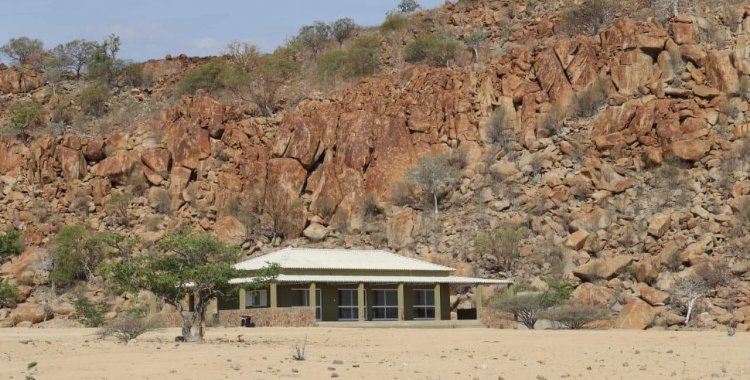At the time of the fight against colonialism, according to a statement from the Provincial Government of Namibe, to which VerAngola had access, Agostinho Neto took up residence in the Iona National Park, a residence that is now intended to be transformed into a tourist attraction.
"Under a proposal from the Provincial Government of Namibe, the residence where the Founder of the Angolan Nation lived could be reclassified and converted into a historical-cultural tourist spot", the note reads.
With this transformation, the equipment will thus join "the other tourist products being implemented in the Iona National Park, such as Kitesurfing, Dune Driving, Canoeing, Bird Observatory and others".
Furthermore, new infrastructures in the area of biodiversity conservation and management could be inaugurated in March this year. The information was provided by the Minister of the Environment, Ana Paula de Carvalho, when she spoke on the sidelines of the first annual meeting of the Iona park supervision committee, held this Thursday.
On the occasion, according to another note from the provincial government, to which Verangola had access, the holder of the Environment portfolio said that the park – which is being revitalized, as a result of a public-private partnership between the Government and the non-governmental organization African Parks – "is one of the country's conservation areas with significant advances in terms of infrastructure and reforestation".
Thus, she said that "the new infrastructures in the area of conservation and management of biodiversity could be inaugurated next March", providing citizens with "infrastructures and attractive tourist products, making the Iona National Park an equipment of which Angolans can be proud".
Ema Samali da Silva, vice-governor of Namibe for Technical Services and Infrastructures, made it known that the provincial government is monitoring the activities of the NGO that manages the park, viewing with "favorable eyes the advances in the tourist component, which will make Iona one of the best assets in the province".
Thus, she added: "There is a very strong aspect of economic inclusion, training and environmental education for local communities here".
It should be noted that the public-private partnership between the Executive and African Parks is also working on the "implementation of agricultural and crafts cooperatives in communities", with a training program, which aims at "the community development of inhabitants of the region".
According to the Namibe government, the "five pillars of action implemented in the management" of the park are tourism, community, inspection, conservation and infrastructure. The park, according to the provincial government, already has "23 houses for accommodation and employs 135 employees".







